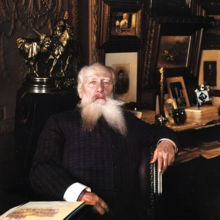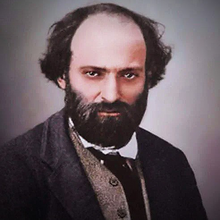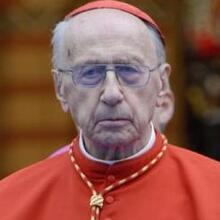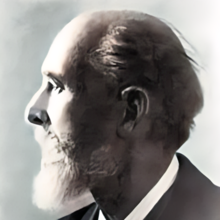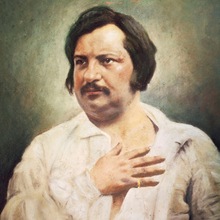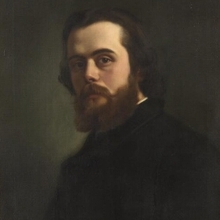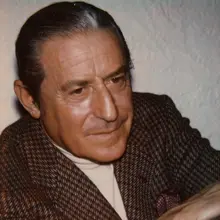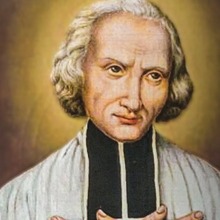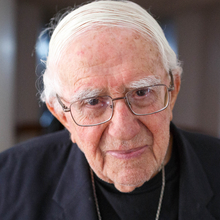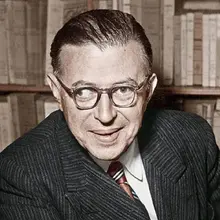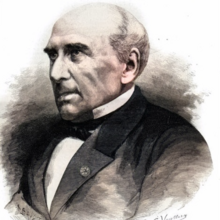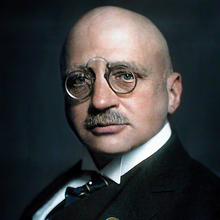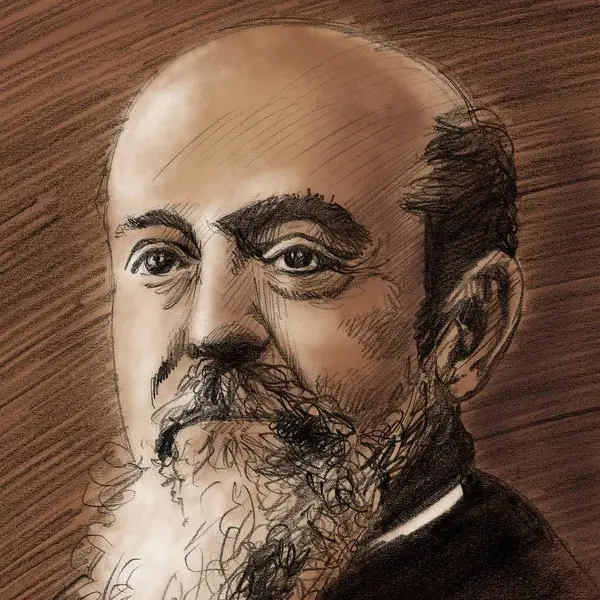
Personal
Other names:
Job / Known for:
Economist and sociologist
Left traces:
Pareto principle and Pareto efficiency
Born
Date:
1848-07-15
Location:
FR
Paris, France
Died
Date:
1923-08-19 (aged 75)
Resting place:
CH
Death Cause:
Heart failure
Family
Spouse:
Alessandrina Bakunin (1873–1888), Jeanne Régis (1892–1923)
Children:
Parent(s):
Raffaele Pareto and Marie Metenier
QR Code:
Show More
Rank
Users ranking to :
Thanks, you rate star
Ranking
5.0
1
Fullname
Vilfredo Pareto
Slogan
Give me a fruitful error any time, full of seeds, bursting with its own corrections
About me / Bio:
Show More
Article for Vilfredo Pareto
Died profile like Vilfredo Pareto
Comments:

